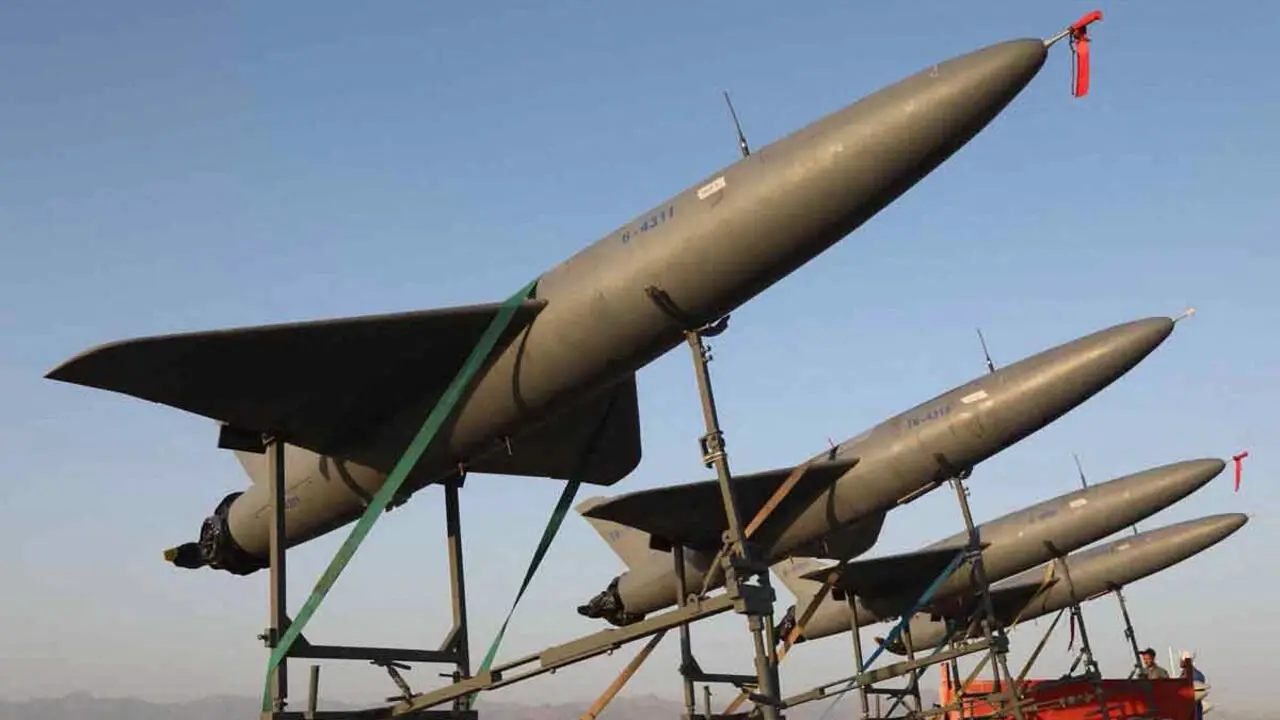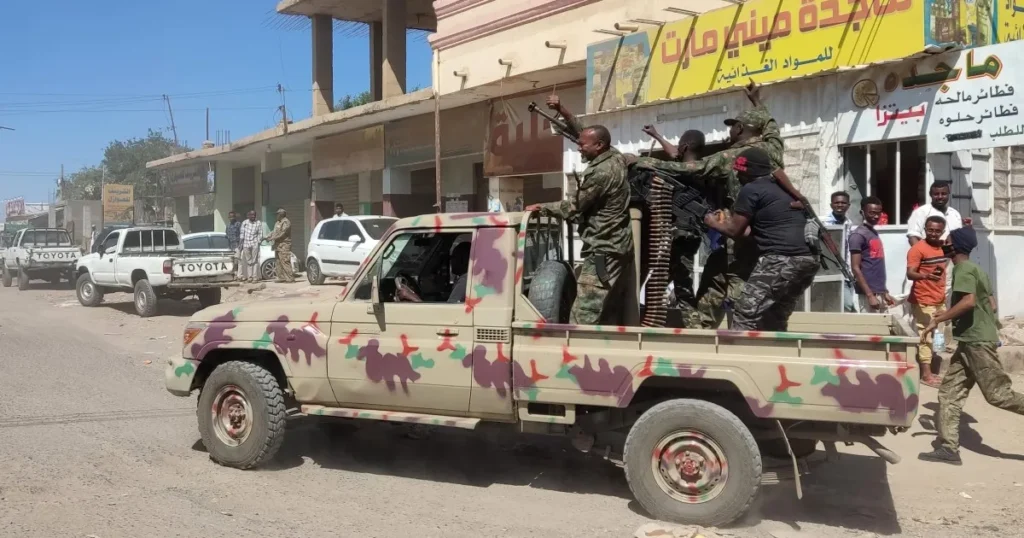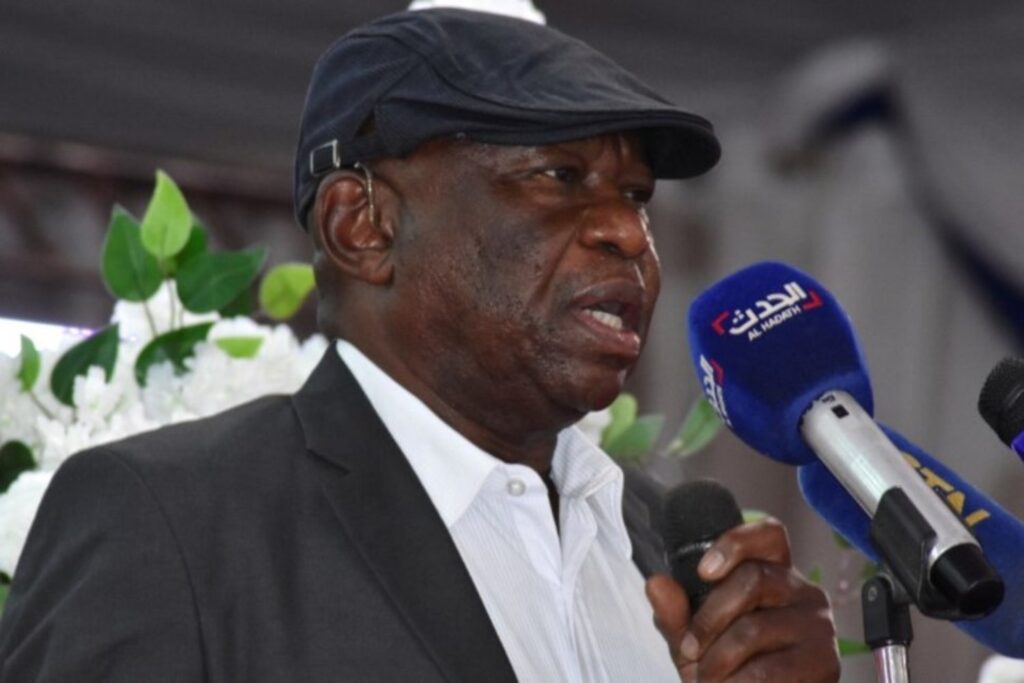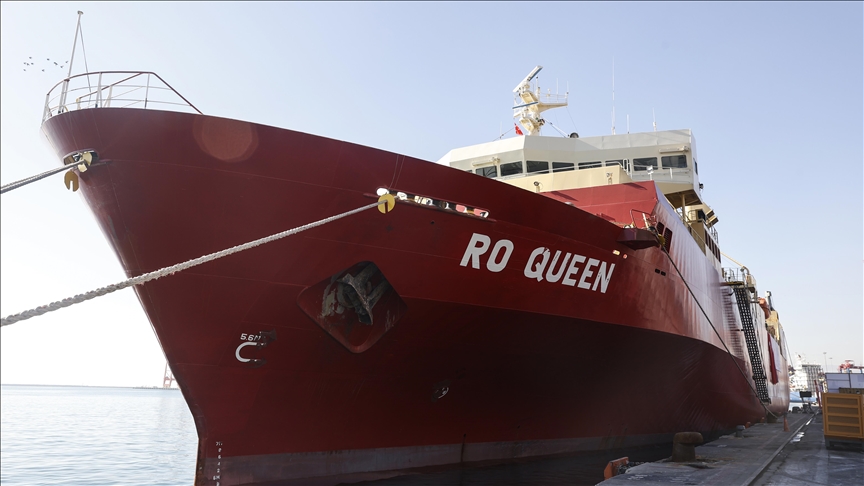
A group of Sudanese officials recently traveled to Iran with the aim of procuring Iranian-manufactured drones, taking advantage of the expiration of a UN arms trade embargo in October.
According to sources familiar with the matter speaking to Iran International, the delegation’s main focus was to gain insights into the functionality and application of these drones.
These unmanned aerial vehicles have been observed in conflicts such as Russia’s engagement in Ukraine and the Houthis’ actions against Saudi Arabia and the United Arab Emirates.
Russia notably utilized numerous Iranian kamikaze drones targeting civilian infrastructure in Ukraine.
The move comes in the wake of the US Defense Department’s revelation that it had detected an Iranian drone flying over Sudan.
Iran International has reported that this particular drone is part of a broader initiative by the IRGC to sell unmanned aerial vehicles to Sudan, aiming to enhance its influence in the region.
Sudan’s utilization of drones manufactured in China and Iran has attracted considerable notice due to their effectiveness in the nation’s continuing conflicts.
The introduction of these unmanned aerial vehicles (UAVs) is anticipated to exert a considerable influence on the complex dynamics of the enduring confrontations between government factions and multiple rebel groups.
Iran has long served as a primary provider of drones to Sudan, empowering the country to progressively enhance its abilities from surveillance to offensive capabilities.
One of the Iranian-manufactured drones utilized by Sudan is the Ababil-3, a compact and agile UAV with the capacity to transport a 45-kilogram warhead.
Furthermore, Sudan is utilizing drones from the Mohajer series, which encompass the Mohajer-2, Mohajer-4, and the most recent addition, the Mohajer-6, highlighting the nation’s dedication to enhancing its drone technology.
The Iranian Revolutionary Guard (IRGC) has been accused of fueling regional destabilization by supporting proxy groups in the Middle East and beyond.
Critics argue that the IRGC’s involvement in multiple conflicts raises concerns among international stakeholders about Iran’s influence and its potential impact on regional stability.
Amid the 2020 US-brokered Abraham Accords aimed at normalizing relations between Arab states and Israel, Sudan quietly committed to joining, with the expectation of being removed from the US terror list.
However, despite this agreement, Sudan has not yet formalized ties with Israel, which is viewed as the archenemy of Iran.
Sudan, still a conduit for weapons being passed from Iran to its proxies including Hamas and Islamic Jihad in Gaza, is yet to sign a formal deal, and fears are that the lure of Iran amidst Sudan’s civil war, may be enough to sidetrack it from its US-brokered entry into ‘the new Middle East’.




